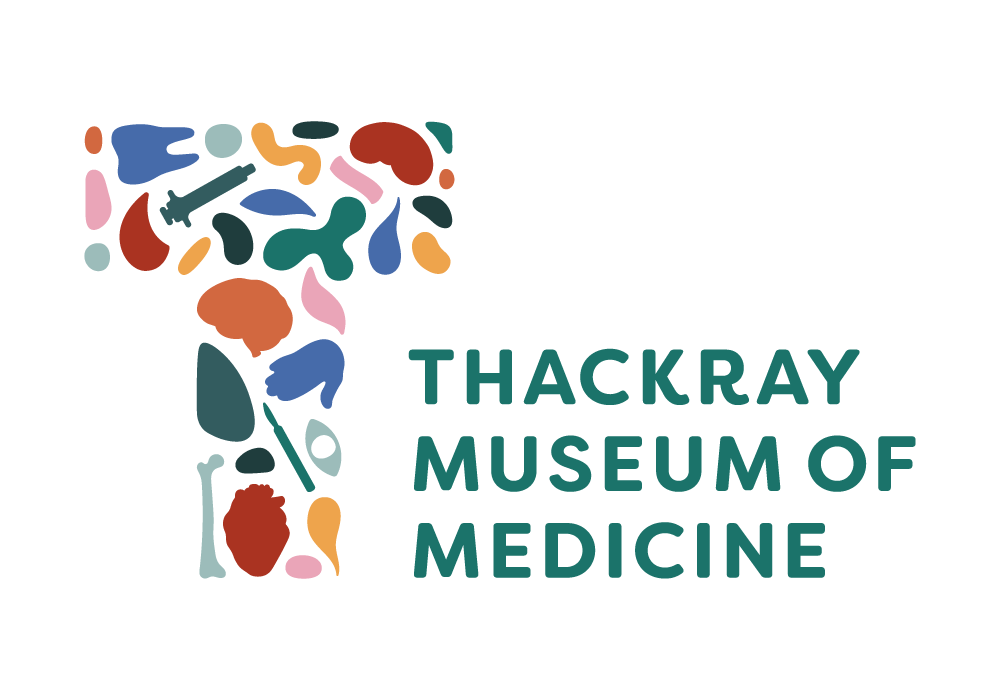Edward Jenner (1749-1823)
A country doctor that changed the world’s response to disease control
Edward Jenner was an English physician who lived and worked in Gloucestershire. He is considered one of the key players in the invention of immunisation, also known as vaccination.
Like many other practitioners, Edward Jenner was sometimes called upon to inoculate patients. Inoculation was not invented in the eighteenth century, the ancient Egyptians and Chinese practised it. Lady Wortley Montague (1689-1762) observed in Turkey. She had her children inoculated against smallpox by giving them a small dose of the virus. They acquired mild cases of the disease but where then immune. She took the innovation to London and George || had his children inoculated by the Royal Surgeon.
Inoculation against smallpox became more popular when Louis XV of France died of the disease, but his son was successfully inoculated. The problem was that giving a live virus, even in a small dose could kill the patient or make them a carrier who could spread the disease to others.
Inoculation is the process of introducing someone to a disease in a controlled way, so they develop an immunity.
Working in the Gloucestershire countryside he noticed that people who worked with cattle sometimes got cowpox but seemed immune to the more deadly smallpox. At the time smallpox was responsible for around 10% of deaths in Britain. Jenner was not the first to make this observation, but he was the one who did experiments which supported the observation and then, perhaps more importantly publicised this new defence against smallpox.
Immunisation is the process of introducing something that is not the target disease to the body which encourages the body to develop immunity to the target disease.
In an experiment that would now be considered unethical but changed the face of medicine, Jenner took matter from the cowpox lesion of Sarah Nelmes, a local milkmaid, and injected them into James Phillips a young boy who had not had smallpox. James suffered a day of fever and developed some soreness and scabs but was otherwise unaffected. 6 weeks later Jenner injected James with smallpox, James developed no reaction and was shown to be immune to smallpox. Jenner called this process a “vaccination” which was derived from the Latin word for cow.
Vaccination specifically refers to the smallpox vaccine but is used in everyday language to refer to all preventative immunisations.
There was inevitable backlash against the procedure, and the Royal Society initially refused to publish Jenner’s work. He self-published and despite some people’s concerns the vaccination was quickly taken up in Britain and abroad. The methods of vaccinating against smallpox changed over time but smallpox was eventually eradicated in 1979. It is the only disease humans have managed to wipe out.
Discover more about Jenner by visiting the Jenner Museum and consider donating to help save the birthplace of vaccination from closure.


